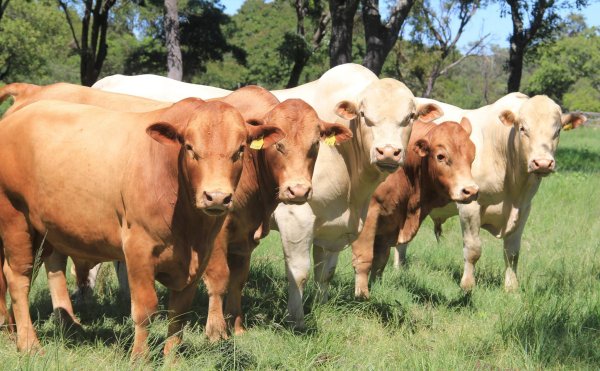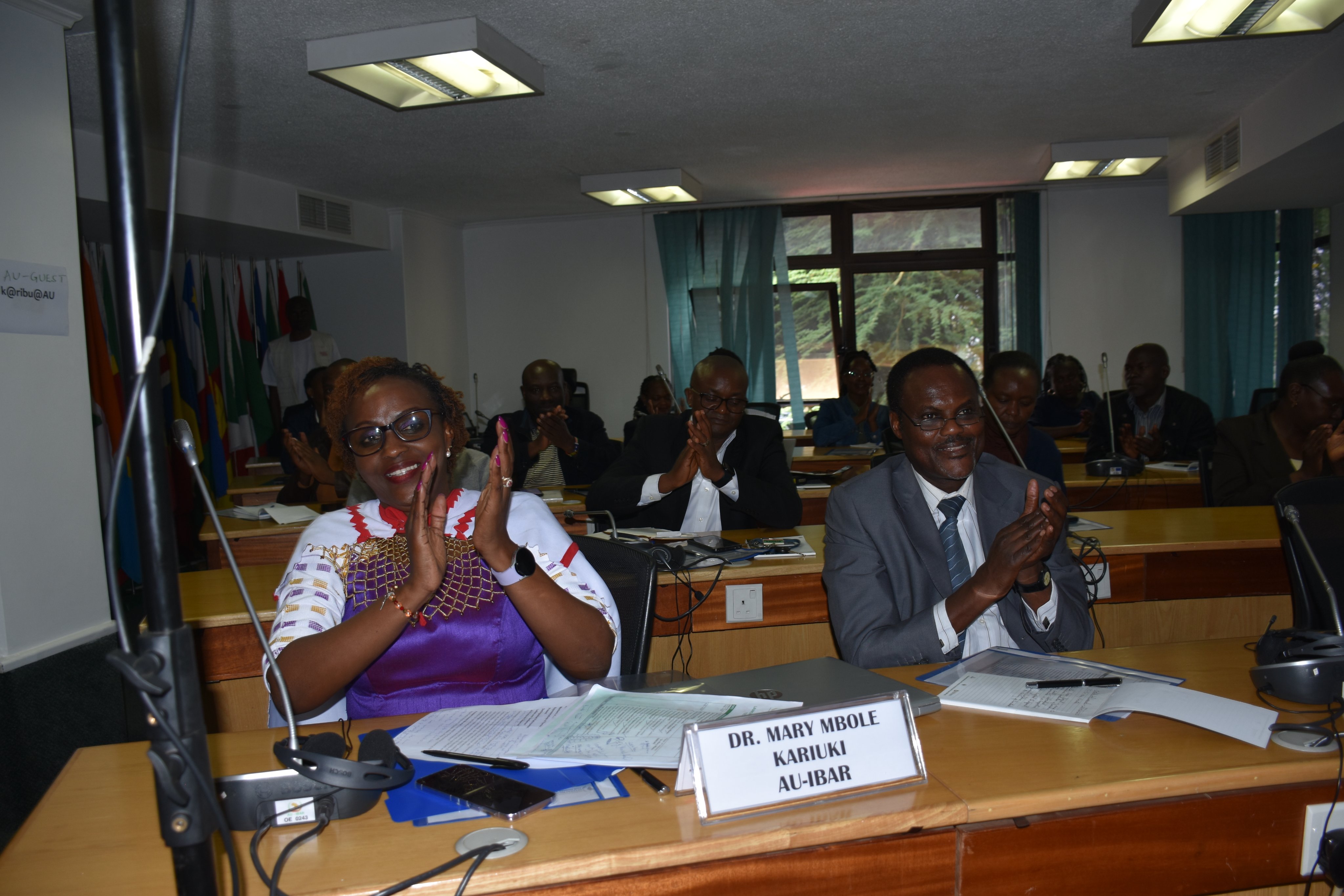The Southern African Development Community (SADC) is the first region in Africa to successfully develop a harmonized Regional Grading and Classification System for its red meat and live animal value chain. “If you have a regional scale that can be used to classify for instance, grade A of exotic, and grade A of indigenous breed, the prices will not be very diverse,” says Dr. Mary Mbole-Kariuki.
Mr. Oppong-Otoo, who coordinates the Standards and Trade Secretariat for Animal Health and Food Safety at AU-IBAR stresses that international standards ought to be developed with the institutional capacity needs and priorities of Africa in mind. This enables African countries to implement the Standards and participate effectively in international trade. "The philosophy is simple; If a country is actively involved in the development of standards, it becomes easier to implement them," states Oppong-Otoo.
Dr. Mbole-Kariuki, who leads technology innovation and skills development at Live2Africa agrees, adding that, “When we talk of African Free Trade, it is because some things are not equal, they are not harmonized.”
The livestock Sector is critical for Africa's goal to eradicate hunger and malnutrition, and improve intra- and inter-continental trade. The State of Food Security and Nutrition in the World 2022 by FAO, IFAD, UNICEF, WFP and WHO indicates that 278 million people in Africa suffer from chronic hunger. The high protein content of animals is critical for African countries to meet their nutritional needs. To optimize its potential, Africa has to invest in standardization of the livestock sector, and build the capacities of African nations to comply with the standards. “Standards are the currency for trade,” asserts John Oppong-Otoo, a food safety expert at AU-IBAR.
Continue Reading
"Livestock Development Strategy (LiDeSa) has been our lighthouse, guiding the livestock sector into better actions, and Live2Africa project the vehicle, that drove systematic capacity across member states and regional organizations,” explains Dr. Mary Mbole-Kariuki, Technology, Innovation and Skill development Expert, for the AU-IBAR, Live2Africa Project, noting that there has been systematic capacity-building on the value chain system across AU Member States and regional organizations. “We set out to increase technical and infrastructural capacities, and developed capacities on the use of data for evidence-based policies, involving stakeholders and key actors in value addition processes pertaining to livestock value chains,” she adds.

Continue Reading
“We are no longer spectators,” quips John Oppong-Otoo, a Food Safety Expert at the African Union – Inter-African Bureau for Animal Resources (AU-IBAR). He is also the technical lead responsible for implementing one of the seven project result areas at the Live2Africa Project. “Africa can now speak with one voice,” he asserts, citing the Project’s ability to influence political participation of Member States on animal health matters, as one of its most significant achievements.
According to Oppong-Otoo, the Agreement on the application of Sanitary and Phytosanitary Measures provides that countries must work together to align their respective measures on animal diseases, yet there were many instances where international standards were developed without taking into account the institutional capacity needs of Africa. Member States of the Africa Union are signatory to the World Trade Organization(WTO), which enforces the Agreement.
“Our collective voice is stronger, and we now have a seat at the global table, improving the quality of Africa’s participation in the work of international standard setting organizations,” he remarks. The gains have been hard won. As Project lead, Oppong-Otoo coordinated Member States, by organizing meetings to solicit their inputs and comments. This culminated in an African position which was presented at the International Negotiation Forum.
Continue Reading
“We were successful in harnessing technology to drive the agenda of quality seed,” says an elated Dr. Mary Mbole-Kariuki, a Livestock Geneticist. Passionate about using animal genetics for rural development, she coordinated technology innovation and skills development for the Live2Africa Project. “When we began the project, I remember making a presentation and showing a small circle and saying that the small cog is the technology wheel that will move all other results,” she adds.

Continue Reading
Wilson Kipeno, a 46-year-old livestock farmer, and community leader in Kenya’s Transmara South, Narok County, used to travel 305 kilometres by road to the Kenya Agricultural and Livestock Research Organization (KALRO) offices in Naivasha, Nakuru County, to secure the best breeds of bulls for his herd. Each trip cost him some hundreds of thousands of shillings - about KES 150,000 for the bull, to transport it back home, accommodation and other indirect expenses while in Naivasha. It was an expensive and daunting affair!
%20(1).jpg)
Continue Reading



%20(1).jpg)